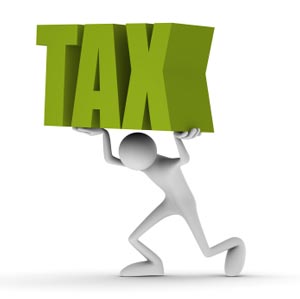
UK tax inspectors have been granted astonishing, police-like, powers allowing them to examine people’s private documents- such as wage slips, address books and even personal diaries.
Tax inspectors are now allowed to visit people at their homes, completely unannounced, and rifle through personal documents if they suspect the individual may be owing tax.
These powers were apparently granted in the 2008 Finance Act that was made official last year, however full details are only now beginning to emerge as versions of HMRC training manuals have surfaced online.
Financial experts claim these new intrusive aspects of HMRC investigating effectively make the taxman more powerful than a police officer, and that the public have a right to be made fully aware of changes made: “These powers amount to the biggest change in between 30 and 40 years in the way that HMRC does its business. These significant changes have been introduced and the public doesn’t know about them,” said leading accountant Gary Ashford.
According to a spokesman from HMRC the checks will only be exercised on suspected tax cheats: “Unannounced visits, which are the exception, are only made where pre-arranging the visit would undermine the purpose of the inspection and are targeted at serious fraud. HMRC takes tax evasion very seriously. The vast majority of taxpayers play by the rules and they get understandably angry when they hear about the antics of the crooked minority who are determined to cheat.”
However Mr Ashford suspects that less nefarious members of the public could also be subjected to the checks: “It is not about avoidance or evasion, it is if a tax inspector wants to satisfy himself if someone is paying the right tax. It can be a business or individual – any taxpayer.”
He suspects that a number of people will be checked, including business owners, people who work from home and rental property landlords.
With deficit reduction the main priority for the UK Government these aggressive tactics come as no surprise. According to an HMRC report the Government lost £40 billion in unpaid tax last year, and only last month PM David Cameron signalled his intent to target the offenders: “Tax evasion is as bad as benefit fraud and both need to be combated.”

